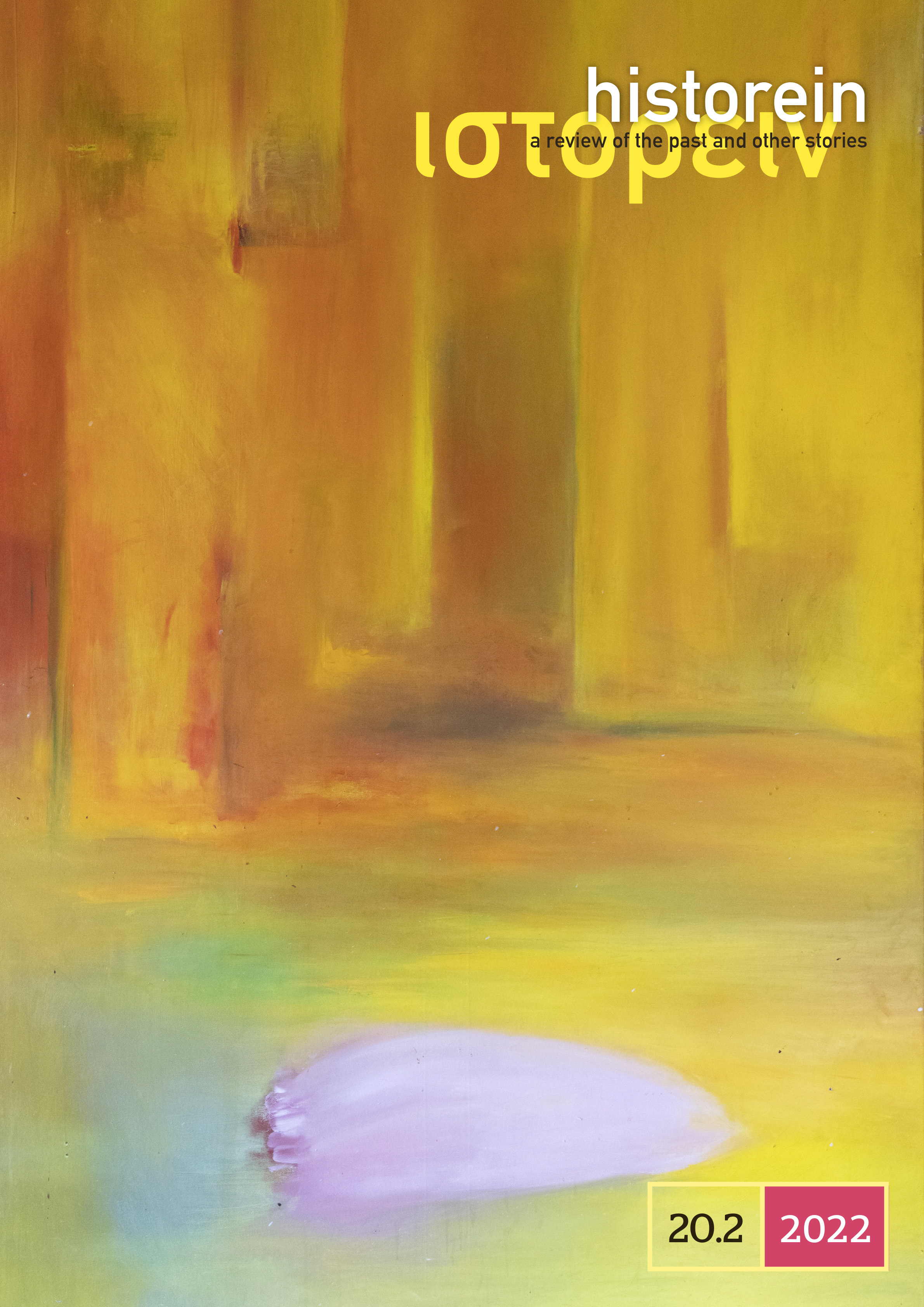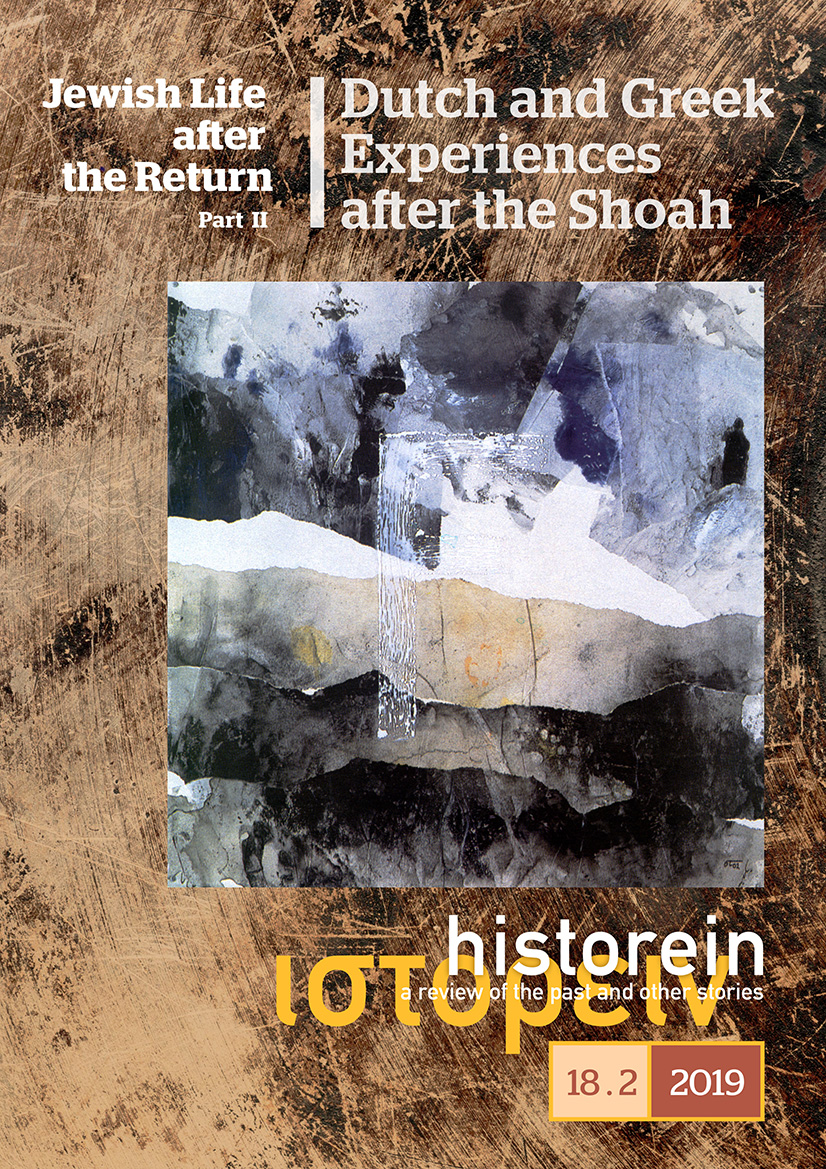Enemies and Heroes The Historical Construction of the 1940s in Estonia and Greece

Abstract
The article highlights the parallels between the historiographical narratives developed in Greece and Estonia in recent decades on the existentially vital events of the 1940s. It shows that, despite the different and even antithetical political directions the two countries took during the Cold War, similar patterns may be observed. By examining these patterns, we can identify the similarities in the evolution of their historical consciousness and arrive at conclusions concerning the impact of political change in the public historiographical consciousness and the subsequent impact of this constructed consciousness on new political directions.
Article Details
- How to Cite
-
Pelekanidis, T. (2023). Enemies and Heroes: The Historical Construction of the 1940s in Estonia and Greece. Historein, 20(2). https://doi.org/10.12681/historein.26478
- Section
- ARTICLES

This work is licensed under a Creative Commons Attribution-NonCommercial-ShareAlike 4.0 International License.
The copyright for articles in this journal is retained by the author(s), with first publication rights granted to the journal. By virtue of their appearance in this open access journal, articles are free to use (with the exception of the non-granted right to make derivative works) with proper attribution for non-commercial uses (licence Creative Commons 4.0). EKT/NHRF retains the worldwide right to reproduce, display, distribute, and use articles published in Historein in all formats and media, either separately or as part of collective works for the full term of copyright. This includes but is not limited to the right to publish articles in an issue of the Journal, copy and distribute individual reprints of the articles, authorize reproduction of articles in their entirety in another EKT/NHRF publication, and authorize reproduction and distribution of articles or abstracts thereof by means of computerized retrieval systems.


